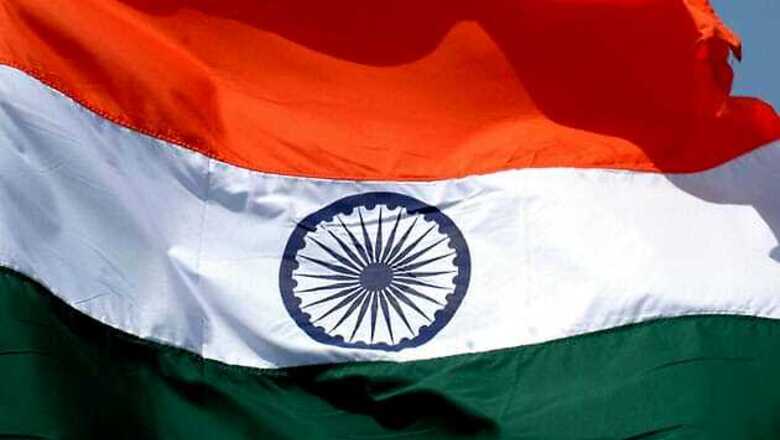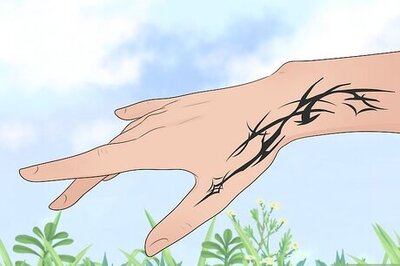
views
New Delhi: It is business as usual for Indian companies and the economic interests of India are safe in the Maldives, wracked by political tumult and violence after the deposition of former president Mohamed Nasheed, diplomats and others said.
India is one of the largest investors in the chain of mainly coral islands. Its business and economic relations with the island nation have upped significantly in the past few years. Till December 2011, India had commitment and pipeline investments of about $900-950 million.
"It is our first priority to make the Maldives the preferred destination for Indian investment. From our side, we have all the safeguards, all the policies for making business more enterprising for India in the Maldives," High Commissioner Abdul Azeez Yoosuf told IANS in an interview.
Major Indian companies like the Tata Group, infrastructure firm GMR, wind turbine maker Suzlon and others have invested in the Maldives.
The largest chunk of Indian private investment has been made by the Bangalore-based GMR Group, which is modernising the international airport in Male. The total cost of the modernization and operation of the project is estimated at $511 million.
"We are watching the developments in the Maldives. The airport is functioning normally," a GMR spokesperson told IANS.
The Tatas are present with their Taj brand of hotels in the archipelago, where tourists stream to, seeking sun and sand. "We have invested $2 million per annum in the Maldives since 2001 and we will continue to invest in our properties there. We have an 18 percent revenue growth with 80 percent occupancy rate in our properties there," said Girish Sehgal, general manager, Taj Exotica Resort and Spa, Maldives.
According to the High Commissioner, the current political turmoil had not affected the interests of Indian business houses in several market segments, including housing, education and hospitality.
While the Sriram Group has set up a public-private project in education, the Suzlon and Bommidala groups have a presence in the renewable energy sector. There were reports that an Indian company was going to start a university there apart from building a wellness resort.
"Big players have shown interest and we are in touch with them," Yoosuf said.
"India is our very strong (economic) partner... We are entirely dependent on India for all our essential items like rice, sugar and white goods. We benefit immensely from India."
Online travel portal makemytrip.com's chief operating officer Keyur Joshi told IANS that the uncertainty and "fear psychosis will go away in days".
"The Maldives is heavily dependent on tourism and they will not do anything to jeopardise their main industry. We expect to take 2,500 tourists on charter service from Mumbai to the Maldives in three months starting April 15. It's a paradise only 45 minutes away from Thiruvananthapuram that has not yet been discovered by most Indians."
The country was voted the world's number one island destination by readers of Conde Nast Traveller in 2011. The tourist sector accounts for one third of the Maldives' gross domestic product (GDP) and more than 60 per cent of foreign currency earnings.
The High Commissioner said the Indian government has major plans to promote the Maldives' tourism in India and would open a tourism promotion office in Mumbai. It would also give incentives to Indian carriers willing to fly to the Maldives.
Currently, Air India connects Bangalore and Thiruvananthapuram to the Ibrahim Nasir International Airport in Male. Sri Lankan airlines connect New Delhi to Male via Colombo.
A ferry service from Cochin is also planned to start soon to boost trade and investment.
Two-way trade between India and the Maldives was around Rs.400 crore in 2009-10. India's state-owned banks have invested in the Maldives economy by extending credits to sectors such as housing.
"India is our very strong development partner, especially in areas like housing, defence and education," said Yoosuf.
















Comments
0 comment